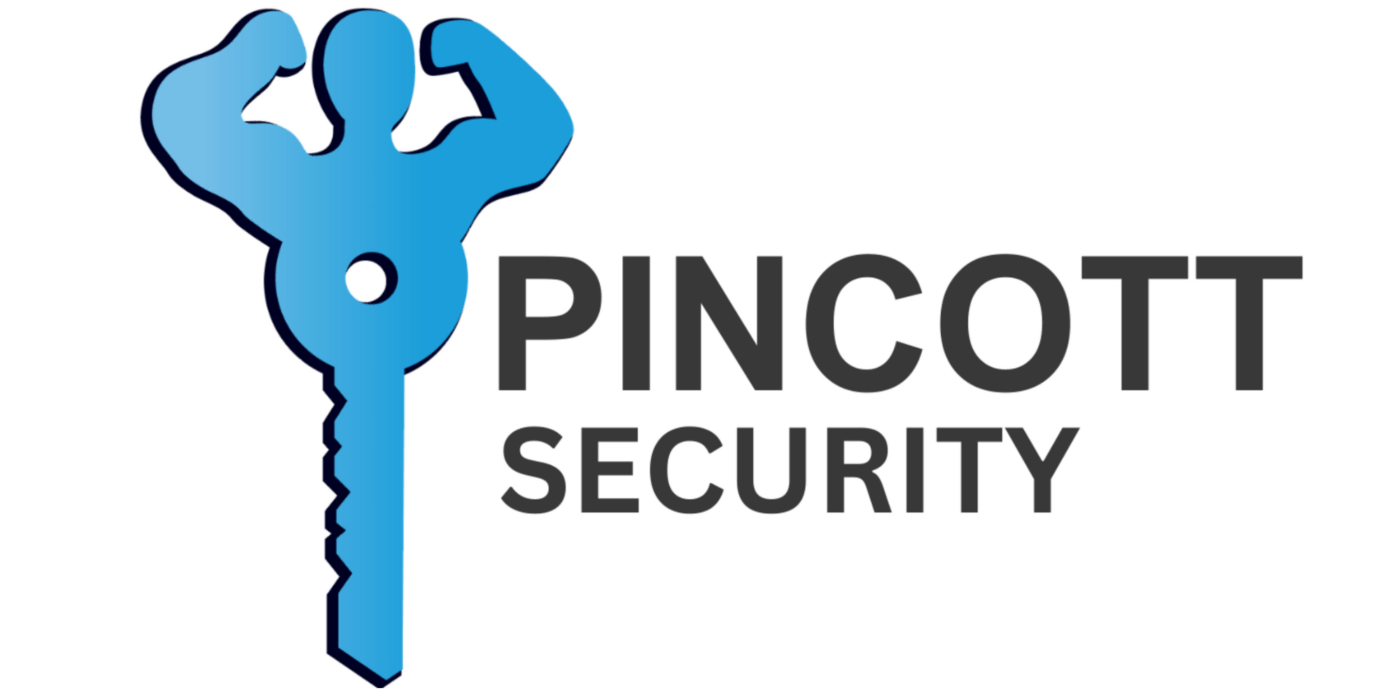We all have items that are extremely valuable to us such as pieces family heirlooms or vital business data. The best way to keep these precious items from coming to harm is to store them in a safe.
Safes, as their name implies, should protect their contents. However, there are a huge variety of safes on the market, ranging from tiny boxes to huge vaults and not all of them protect equally.
The first thing to ask yourself is what items you want the safe to protect. This can be jewellery, documents, computer data or even firearms. Each item is best protected by a different safe which has specialized characteristics.
Safes which are designed to hold valuables, such as jewellery and cash, are rated by the recommended maximum value of the items that should be stored in the safe. Higher ratings mean greater protection levels.
Document safes are designed to protect your vital papers from fire by ensuring that the internal temperature of the safe does not exceed 350°F. As the charring point of paper is 405°F, this prevents your documents suffering damage. These safes carry a rating that indicates the amount of time that they protect the documents from a fire.
However, a standard fire resistant safe will not protect your computer media. Most computer disks will not withstand temperatures that go above 125°F. However, data safes can maintain a very low internal temperature. Like document safes, these are also rated by the amount of time that they can protect their contents from fire. Data safes also shield against humidity, liquids, magnetic contamination, dust and smoke all of which can destroy electronic components and computer disks.
Do make sure that your safe is rated and has been approved by a test laboratory. Unrated safes may be produced in countries which do not conform to high manufacturing standards and you may be getting a raw deal.
Safes, especially anti-theft safes, need to be correctly installed in order to provide the maximum protection. This is best done by your security company and they should conduct an on-site visit to advise you of the best location. The safe should be securely bolted to the wall, or floor, to prevent easy removal.
Remember, your safe is there to provide essential protection for your most treasured assets. Any old metal box will not do the job. Get some professional advice and buy a tested and certified safe that suits your requirements. It is far better to do so now, than to be looking at an empty box, wondering how you are going to replace its contents.

